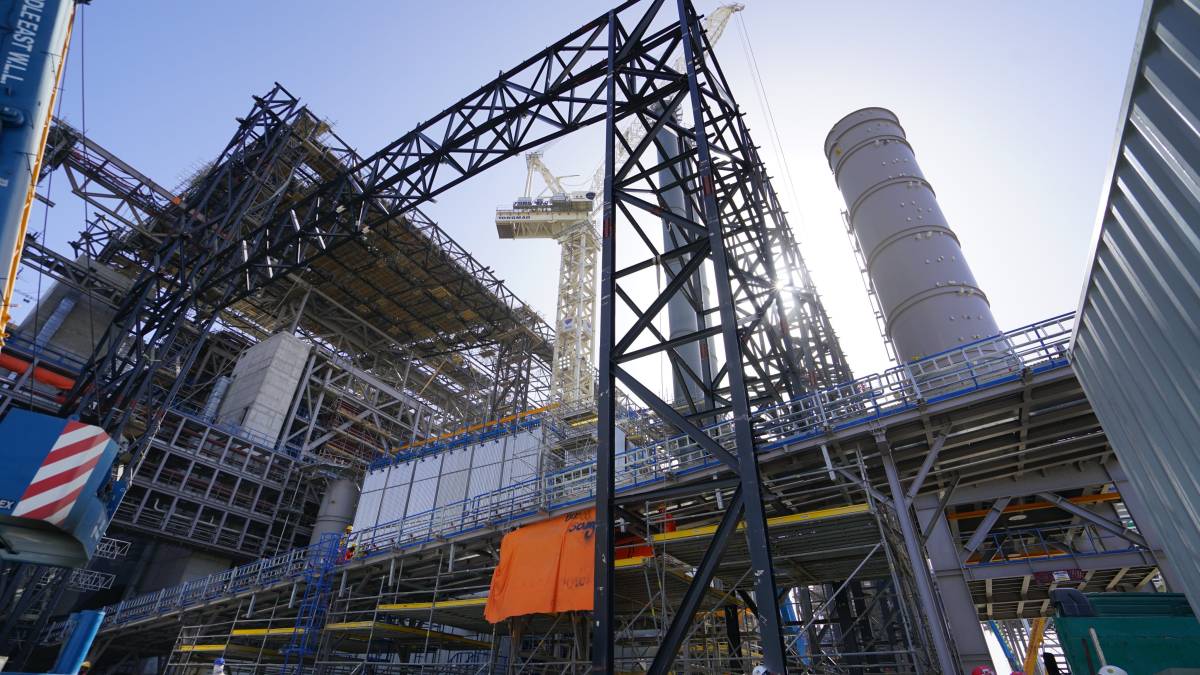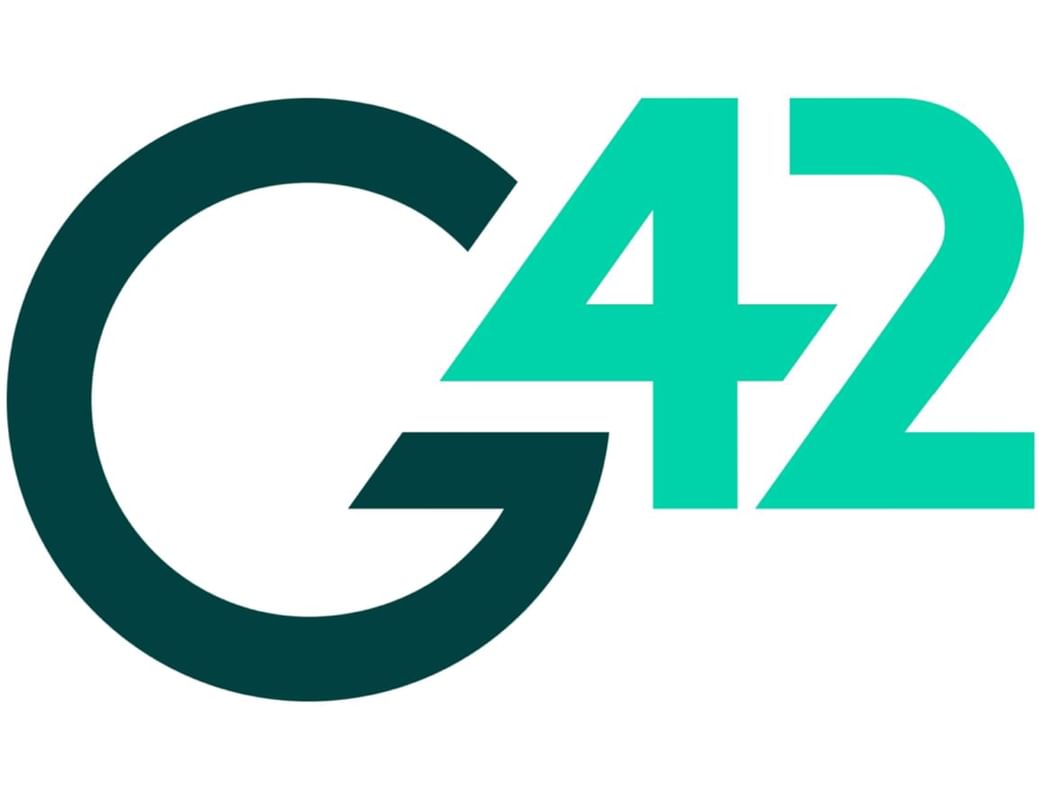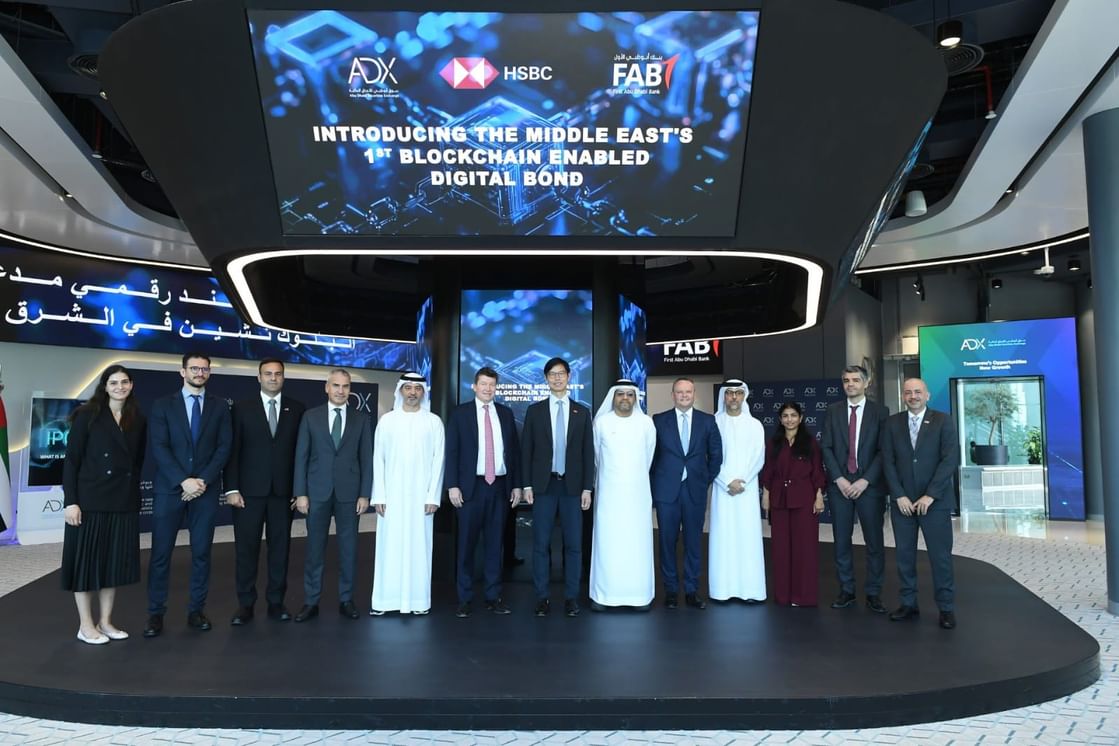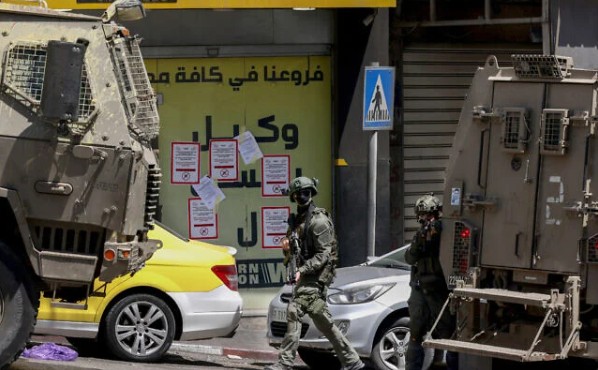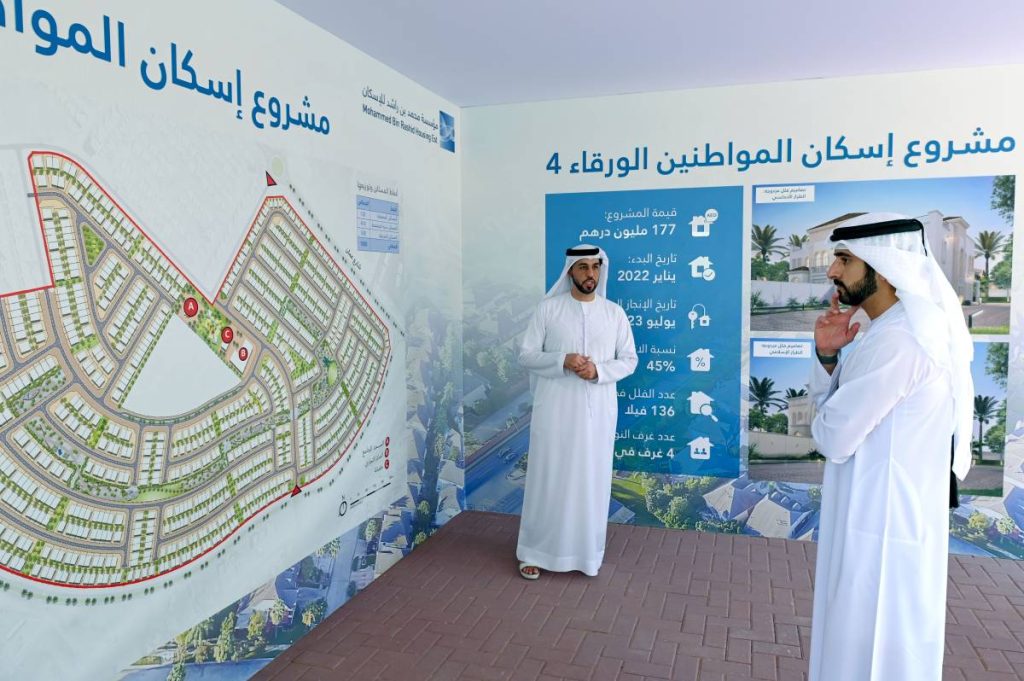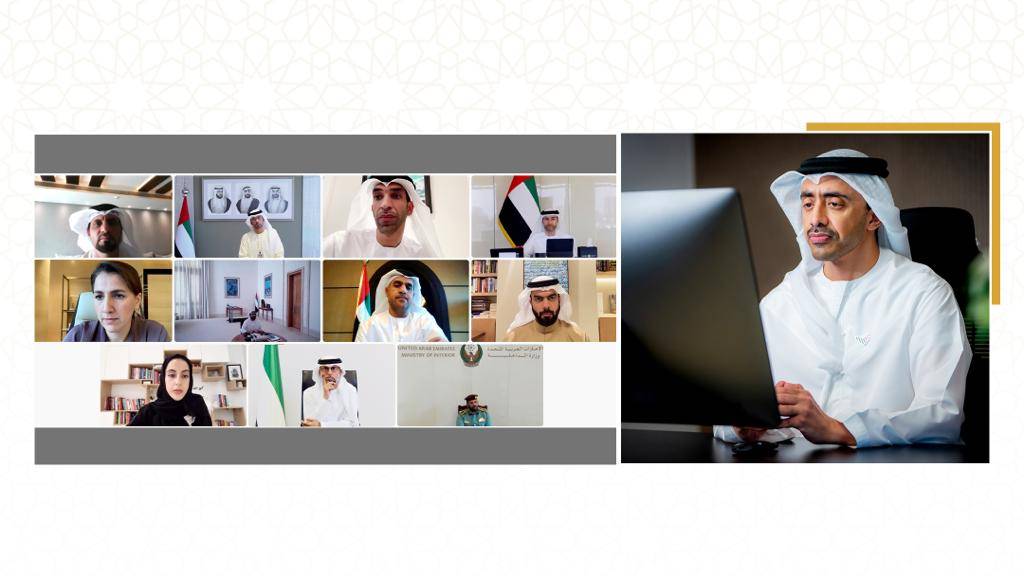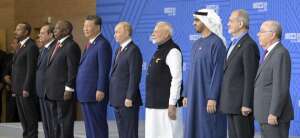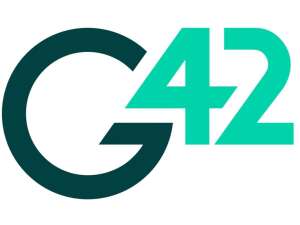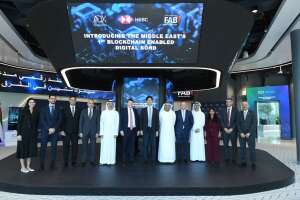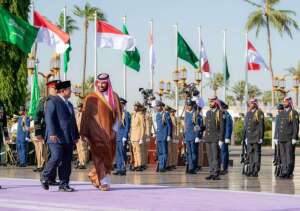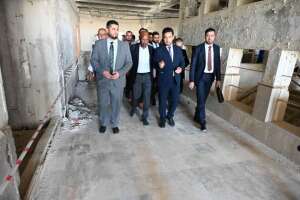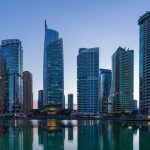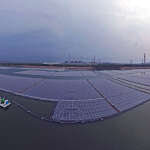The construction of the waste management centre is on schedule. The first phase of the world’s most efficient energy project will be ready by 2023…reports Asian Lite News
The construction of the waste management centre is on schedule. The first phase of the world’s most efficient energy project will be ready by 2023, while the entire project is scheduled to finish by 2024…R
Dubai Municipality has announced that 85 percent of Dubai Waste Management Centre (DWMC), the world’s largest waste-to-energy project, has been completed.
Construction of the landmark project began in 2021, in line with the vision of Sheikh Mohammed bin Rashid Al Maktoum, Vice President, Prime Minister and Ruler of Dubai, to raise the emirate’s profile as a global model for sustainable development and consolidate its position as the best city to live and work in.
DWMC reflects Dubai’s commitment to achieving sustainable development goals and reducing the emirate’s carbon footprint. The project will contribute to Dubai Municipality’s strategic objective of reducing and completely diverting waste from landfills by 2030. Located in Dubai’s Al Warsan area, the first-of-its-kind project will convert 45 percent of the emirate’s municipal waste into renewable energy once complete.
The construction of the waste management centre is on schedule. The first phase of the world’s most efficient energy project will be ready by 2023, while the entire project is scheduled to finish by 2024. With Dubai’s population expected to continue growing at an increasingly rapid pace thanks to a surge in economic activities, the project would significantly minimise the potential volume of municipal waste in landfills and create alternative energy sources.
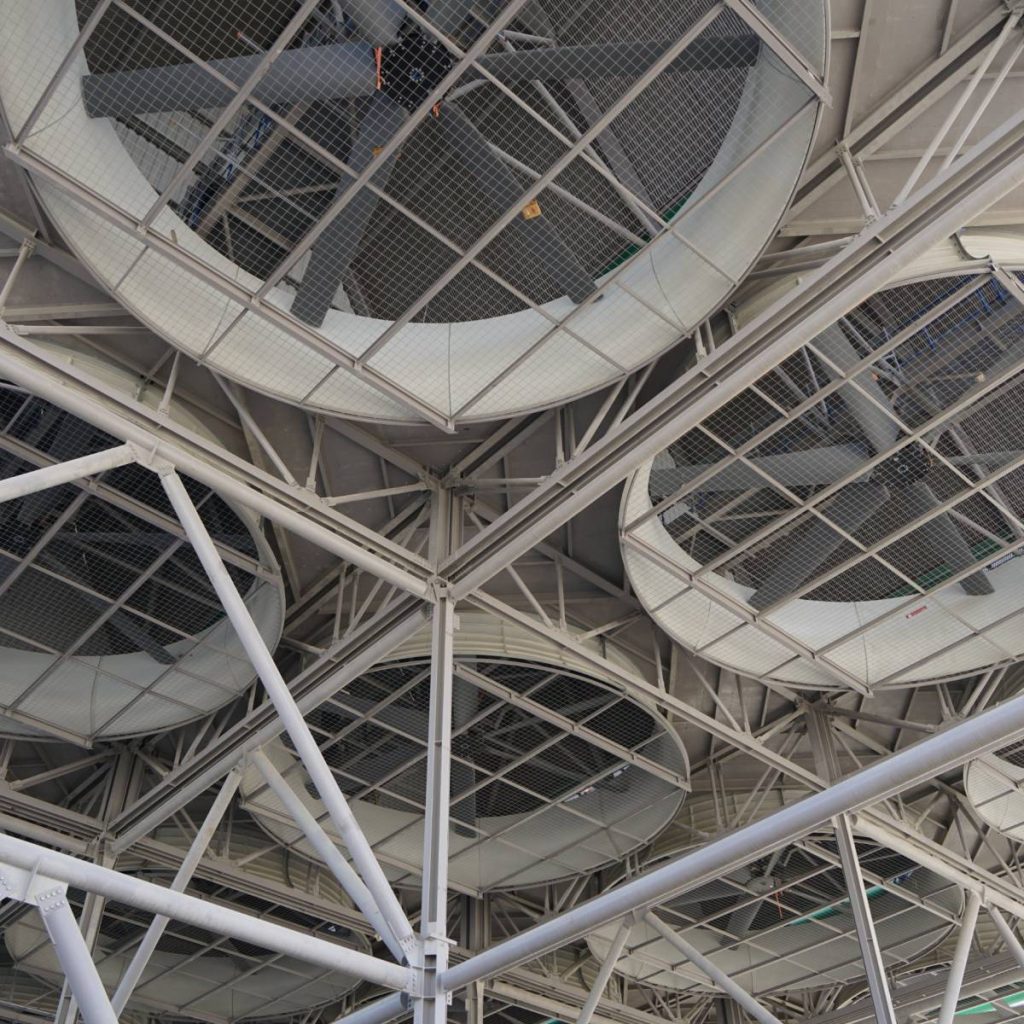
Dawoud Al Hajri, Director-General of Dubai Municipality, said the centre is a crucial pillar of Dubai’s ambition to transform into one of the world’s most sustainable cities. The plant, he said, provides an innovative solution to transforming huge quantities of waste into a sustainable source of clean energy. Al Hajri pointed out that the centre reflects Dubai’s efforts to protect the environment by implementing state-of-the-art technologies. He noted that DWMC will boost the emirate’s sustainability credentials, in line with national energy objectives and the Dubai Clean Energy Strategy 2050, launched by Sheikh Mohammed bin Rashid to make Dubai a global centre of clean energy and green economy.
“Dubai has always sought to be a pioneer in the field of waste-to-energy. By reducing the amount of solid waste and providing alternative sources for generating clean energy, the project will contribute to achieving a sustainable and eco-friendly model of waste management. With the world’s largest operational capacity, DWMC will process 1.9 million tonnes of waste annually and convert it into renewable energy, generating enough energy to power 135,000 homes,” Al Hajri said.
The DWMC embodies the leadership’s vision to transform Dubai into a carbon-neutral economy by 2050. It also aligns with Dubai’s commitment to proactively shape and support the future of energy and climate change. Upon completion, the mega project will also support the country’s strategy to increase the contribution of clean energy in the total energy mix to 50 percent by 2050.
Once fully operational, the plant’s renewable energy, generated from treating waste, will feed the local electricity grid with 215MWh of clean energy. Through two of its five treatment lines, the centre will commence its initial operations at 40 percent by early 2023. It will process 2,000 tonnes of solid waste to produce 80MWh of renewable energy at this stage.
Covering an area of 400,000 square meters, the facility’s generator and steam turbine, a key technology in producing electricity, have already been installed. The centre will rely on state-of-the-art Japanese and Swiss technologies for the treatment process that will ensure any emissions are environmentally friendly and odour-free.
The centre will receive around 1,000 truckloads of waste daily, with a capacity to accommodate 88 trucks per hour. Through five treatment lines, the DWMC will have the capacity to process 5,666 tonnes of solid municipal waste per day. Burnt waste will produce around 1,000 tonnes of bottom ash, which will be recycled and used in infrastructure projects. Dubai Municipality has launched an e-platform to exchange recyclable and reusable materials for reducing the quantities of waste produced and raising the percentage of waste diverted from landfills.
As part of its efforts to build a sustainable environment for the emirate’s residents, Dubai Municipality has developed an integrated 20-year strategic plan for solid waste management.

